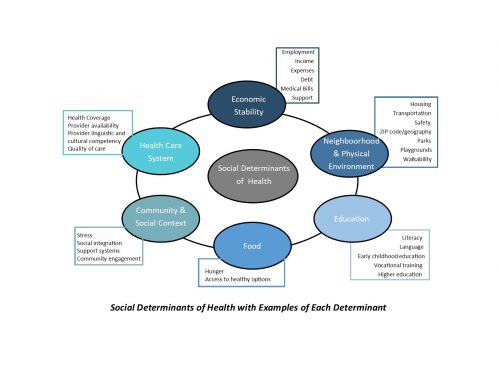This week I have been working on CompAlliance’s re-accreditation for Utilization and Case Management, and as a result have been examining in detail our processes, protocols and procedures. It made me think of an article I recently read on LinkedIn by someone who performs file reviews and analysis for their workers’ compensation clients, after the fact, and provides their opinion of the services provided, costs for those services and ROI. I assume the review is meant to provide an unbiased opinion that assists their client in determining the effectiveness of services provided by their vendors. One of their findings related to the cost and ROI for using medical case management in workers’ compensation. I was dismayed by some of the statistics they cited as to the lack of effectiveness of case management and was unsure as to how they came to their conclusions.
Recently I spoke at a meeting in Tampa hosted by WorkCompCentral on Alternatives to Opioids. The moderator of the session came up to me before our panel and stated it was good to have input from a case manager on the panel, as it was his impression the impact of case management is rarely discussed when looking at the management of workers’ compensation claims.
Case Managers have a difficult role in workers’ compensation. I think adjusters sometimes resent our input as they may feel the case manager is trying to tell them how to manage their file. Physicians sometimes voice resentment over the case manager questioning their treatment plan or seeking to discuss evidence-based treatment alternatives. The employer can question the case manager’s role in working with their employee and not appreciate the focus on accommodation of an early and medically appropriate RTW. The applicant attorney looks at the case manager’s involvement in their client’s case with suspicion and many times places restrictions on our involvement that can impede the ability of the case manager to fully act as the injured worker’s advocate for excellent and goal-directed care. The injured worker may also look at the case manager’s involvement with suspicion, based on feedback they may have received from either their attorney or other coworkers or family members.
Why is it that the role and impact of case management is so often misunderstood or minimized? I think it is mainly because we as case managers don’t toot our own horns loud enough. For each of the groups listed above we are there to ostensibly assist and facilitate. We don’t set policy or protocols; we don’t write the checks. Yet without that person to connect the dots and ensure timely and effective communication, scheduling and review of all information available, many a case has gone south. I sometimes think of the question, which can you live without – your heart or your brain? Which is more important? So how do you prove a negative?
How do you prove without a case manager on the file you would have had a delay in treatment that caused an injured worker to seek the services of an applicant attorney? How do you account for the cost savings related to timely treatment that prevented complications? How do you track the potential cost savings related to an injured worker returning to early transitional duty versus never returning to work? How do we document the absence of opioid dependence because the case manager reviewed the CDC guidelines with the treating physician and requested consideration of a non-opioid alternative for pain management?
When looking at the impact of case management I think the absence of complications, extended treatment and deviation from evidence-based treatment along with facilitation of effective communication between all parties throughout the life of the file all should be taken into account when calculating ROI.
